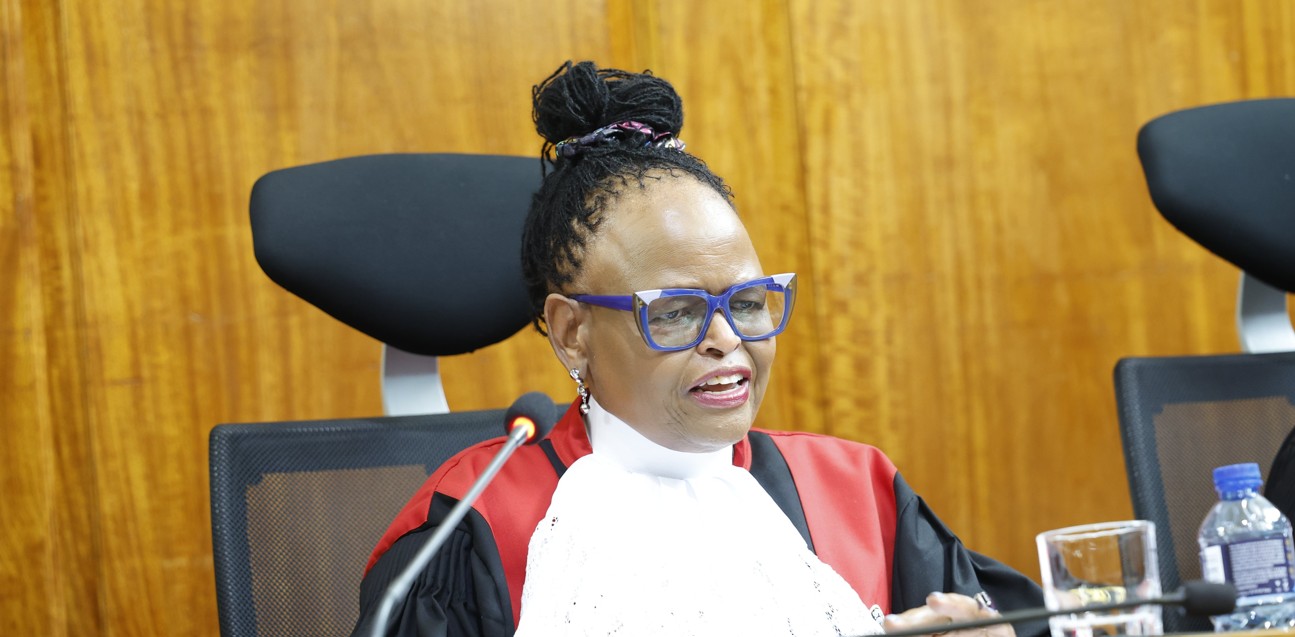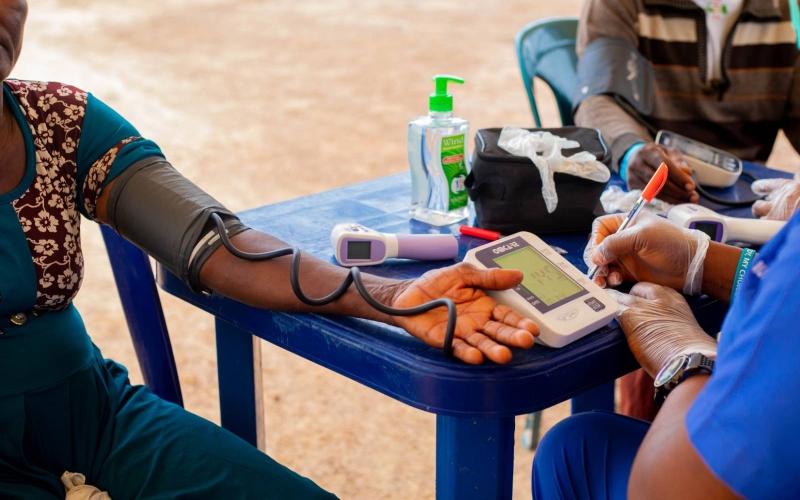Judiciary reports 17 per cent drop in fines collected for minor offences in 2023/24

The report shows that fines accounted for 42.34 per cent of the Judiciary’s total revenue, while court fees remained the largest contributor at 47.35 per cent.
Fines paid by Kenyans for minor offences, including traffic violations, during the 2023/24 period decreased by nearly 17 per cent, with courts collecting Sh1.22 billion, which is well below the targeted Sh1.58 billion.
According to the Judiciary’s annual report, magistrates’ courts recorded 25,000 fewer criminal filings last year, a trend Chief Justice Martha Koome linked to a drop in fines revenue.
More To Read
- Judiciary holds historic 'closing of files' ceremony to honour fallen judicial officers
- Kenya Magistrates and Judges Association ushers in new leadership team as Justice Mulwa takes over as President
- Kibra MP Orero apologises after ‘takataka’ slur as his driver fined for traffic violation
- JSC launches probe into bribery allegations against judge
- Five injured after gun accidentally goes off inside Bungoma Law Courts
- Judiciary, MPs clash over setting of judges’ allowances
The report shows that fines accounted for 42.34 per cent of the Judiciary’s total revenue, while court fees remained the largest contributor at 47.35 per cent. In previous financial years, fines made up 53.33 per cent and 49.345 per cent of total collections.
“The drop is primarily attributed to a reduction in the number of criminal cases filed,” reads the report.
Data from the National Council on the Administration of Justice (NCAJ) confirms that the number of criminal cases handled by lower courts, where most fines are generated, fell sharply.
The Judiciary is also grappling with staff shortages, currently operating at 64 per cent of its approved establishment. It employs 6,979 staff members against a requirement of 10,870. CJ Koome said the shortage has increased the workload for each employee, urging the Treasury to allocate more resources for recruitment.
Despite staffing challenges, the Judiciary improved case resolution, achieving a 104 per cent clearance rate and reducing its backlog to 30 per cent. Koome described the performance as a strong and steady trajectory of reform anchored in the ‘Social Transformation through Access to Justice’ (STAJ) blueprint.
“It demonstrates a justice system that is becoming more open, more inclusive and more responsive to the needs of the people,” she said.
Complaints against judicial officers remained high, with magistrates receiving the most at 651, followed by High Court judges at 278. Adjournment complaints were reported across all courts except the Supreme Court. In lower courts, grievances mainly involved judicial discretion (29 per cent), missing files (13.2 per cent) and adjournments, issues that were also observed in the High Court.
Integrity-related complaints numbered 110 during the year, including 57 against magistrates, 51 against judicial staff and two against judges.
“These figures underscore the Judiciary’s continued vulnerability to ethical lapses at various levels. They also highlight the need for ongoing ethics training, stronger oversight mechanisms and a deeper culture of integrity to safeguard the credibility of judicial processes and maintain public confidence,” reads the report.
Petitions filed before the Judicial Service Commission seeking the removal of judges rose from 100 in the previous year to 143. The commission resolved 82 cases, leaving 132 pending into the current financial year. The increase, the report says, reflects growing public awareness of judicial accountability mechanisms.
Funding gaps remain a major hurdle for the Judiciary, which reported a Sh22.1 billion deficit. It required Sh44.9 billion last year but received Sh22.78 billion, representing a 49 per cent shortfall. The previous two financial years recorded gaps of Sh20.75 billion and Sh18.42 billion, respectively.
Speaking at the report launch, Deputy President Kithure Kindiki argued that the government should be allowed to implement its programmes without interference from court injunctions.
“By electing a government, Kenyans give it a mandate to implement its manifesto. Court orders halting projects effectively block the will of the people,” Kindiki said.
He suggested that programmes or projects should continue even when cases are filed, with compensation provided only if a violation occurs.
Several Kenya Kwanza administration projects, including the Social Health Insurance Fund (SHIF) and housing initiatives, are currently stalled due to pending court cases.
Top Stories Today













































